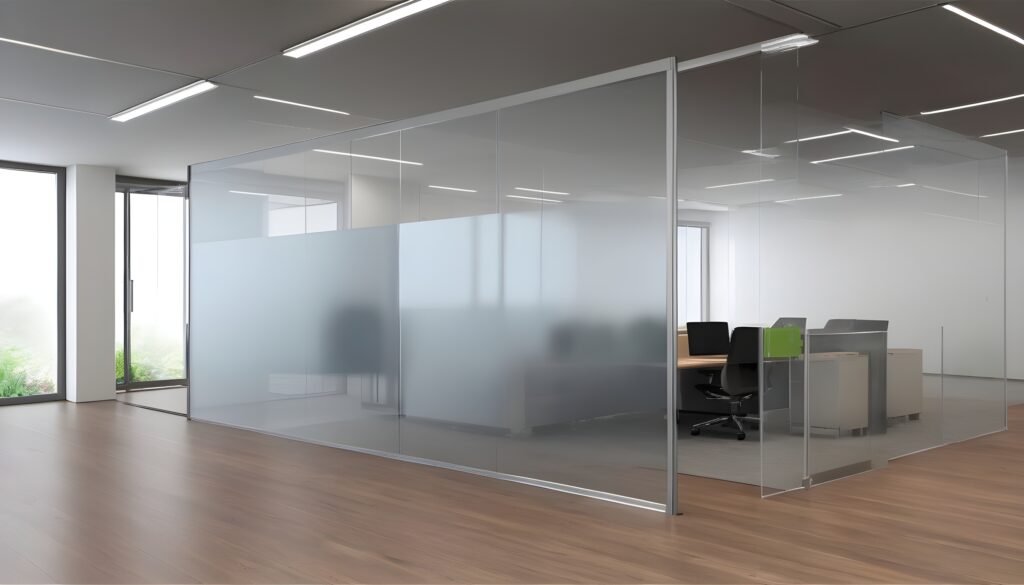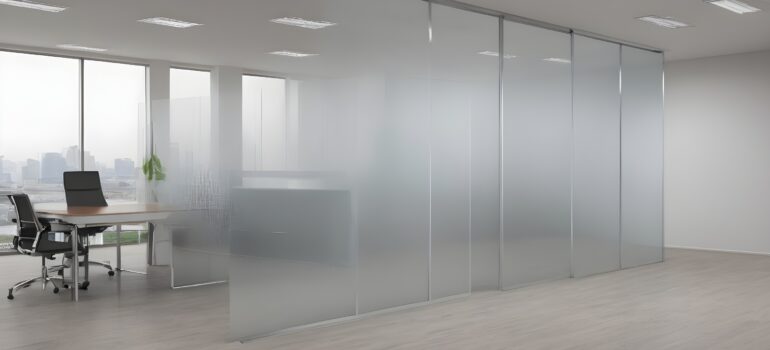Complete Guide to Glass Partition Solutions
In the ever-evolving landscape of interior design, architects and designers are constantly seeking innovative solutions to optimize space without compromising aesthetics. One such solution that has gained widespread popularity is the use of glass partition walls. Offering a perfect blend of functionality, elegance, and versatility, glass partition walls have become a go-to choice for modern spaces. In this comprehensive guide, we delve into the key aspects of glass partition solutions, addressing common questions and providing valuable insights for your next project.
Understanding Glass Partition Walls
A glass partition wall is a transparent or semi-transparent barrier used to divide interior spaces while maintaining a sense of openness and light. These walls are typically constructed using high-quality tempered glass, known for its durability and safety features. Whether used in offices, commercial spaces, or residential settings, glass partition walls offer numerous benefits, including:

- Maximizing natural light flow, creating a brighter and more inviting environment.
- Enhancing spatial perception, making smaller areas appear larger and more interconnected.
- Promoting visual transparency and collaboration, ideal for modern workspaces.
- Adding a touch of sophistication and contemporary flair to any interior design scheme.
Cost Considerations for wall partition.
One of the most common questions regarding glass partition walls revolves around cost. The cost of glass partition walls can vary significantly depending on various factors, including:
- Size of the partition: Larger partitions will naturally require more materials and labor, thus increasing the overall cost.
- Type of glass: Different types of glass, such as tempered, laminated, or frosted, come with varying price points based on their features and customization options.
- Installation complexity: Factors like the layout of the space, existing structural elements, and access to utilities can influence installation costs.
- Additional features: Optional features like soundproofing, integrated blinds, or decorative elements may incur additional expenses.
While the initial investment in glass partition walls may seem higher than traditional alternatives, it’s essential to consider the long-term benefits they offer in terms of aesthetics, functionality, and energy efficiency.
Choosing the Right Glass and Materials
Selecting the appropriate type of glass and materials is crucial to the success of your glass partition project. Here are some key considerations:
- Types of glass: Tempered glass is the most popular choice for its strength and safety properties, while laminated glass offers added security and sound insulation. Frosted or tinted glass can provide privacy without sacrificing natural light.
- Frame materials: Aluminum and steel are commonly used for framing glass partitions due to their strength, durability, and sleek appearance. Frameless designs offer a minimalist aesthetic, ideal for modern interiors.
Ready to transform your space with glass partition solutions? Contact us today to learn more about our customizable options and expert design services.
Contact Us on: +91 9922 444 544



